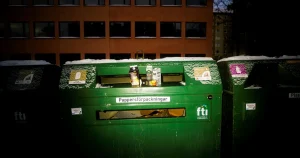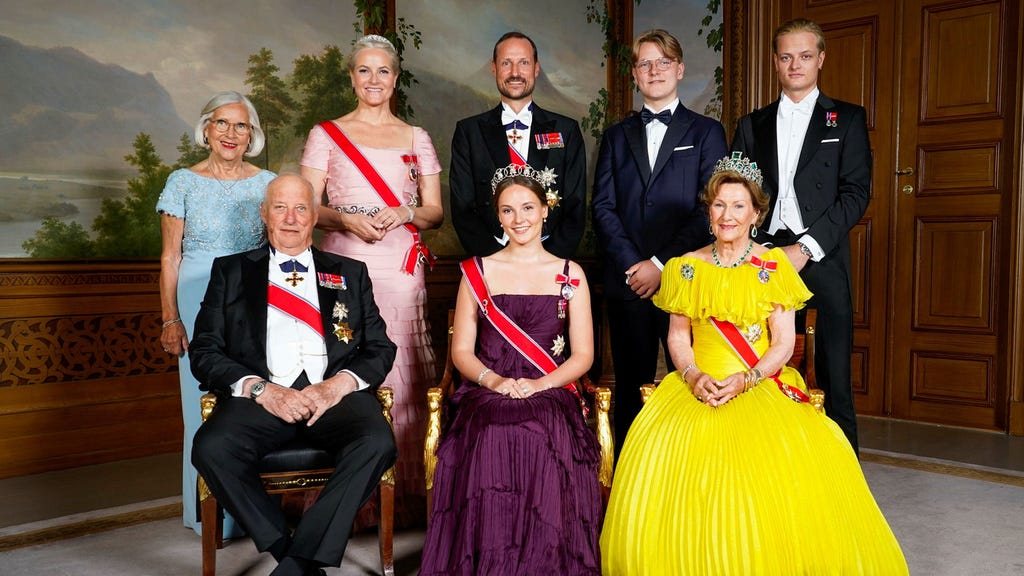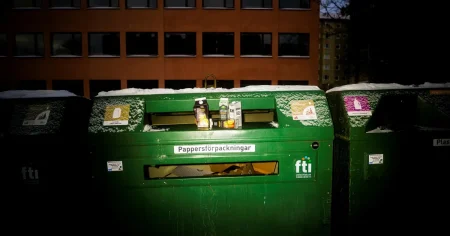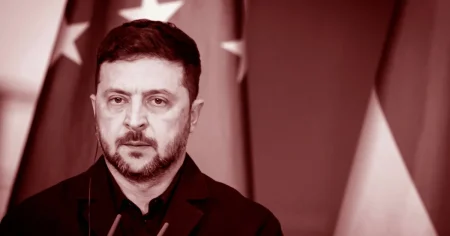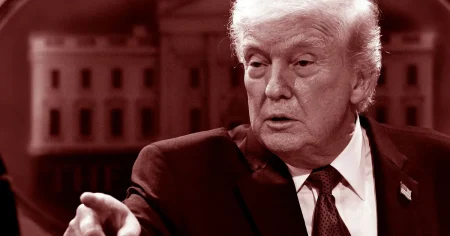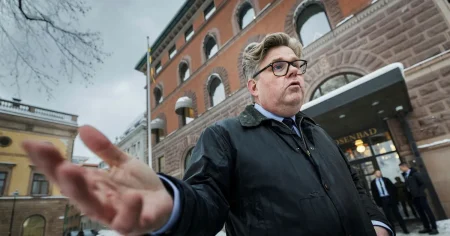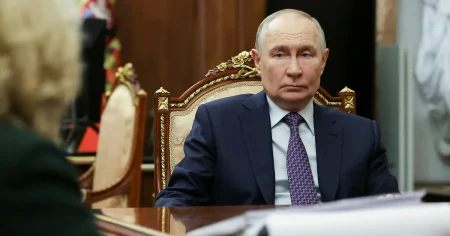The Norwegian monarchy is currently embroiled in a scandal of unprecedented proportions, centered around the alleged criminal activities of the Crown Prince’s son. This controversy represents a stark departure from the past, where such matters were routinely swept under the proverbial rug, shielded from public scrutiny by the royal family’s immense power and influence. The very foundation of the monarchy, once seemingly unshakeable, is now being questioned as these allegations threaten to erode public trust and expose the vulnerability of the institution to modern standards of accountability. This unfolding saga serves as a potent symbol of the changing dynamics between royalty and the public, where traditional deference is increasingly replaced by demands for transparency and ethical conduct.
Historically, royal families across Europe, including Norway, operated within a sphere of privilege and secrecy. Discretions, ranging from extramarital affairs to potential financial improprieties, were skillfully managed and concealed, maintaining a carefully curated image of moral rectitude and stability. This ”purple carpet” treatment, alluding to the regal symbolism of power and authority, ensured that the image of the monarchy remained untarnished, preserving its symbolic importance and political influence. The public, largely accepting of this arrangement, rarely questioned the actions of the royals, respecting their position and the tradition of deference that surrounded them. This tacit agreement allowed the monarchy to function effectively, insulated from public criticism and maintaining a veneer of flawless respectability.
However, the current allegations against the Crown Prince’s son have shattered this carefully constructed façade. The nature and severity of the alleged offenses, combined with the amplified reach of modern media and the public’s increasing demand for accountability, have made it impossible to suppress the scandal. This shift in public perception marks a critical turning point in the relationship between the monarchy and its citizens. The traditional deference afforded to royalty is being challenged by a growing expectation of ethical conduct and transparency, mirroring a broader societal shift towards holding powerful figures accountable for their actions. The very notion of inherent privilege and immunity from scrutiny is being questioned, placing the Norwegian monarchy in a precarious position.
The implications of this scandal extend far beyond the immediate allegations against the Crown Prince’s son. It has sparked a wider debate about the relevance and legitimacy of the monarchy in modern society. Critics argue that the institution is outdated and incompatible with democratic values, representing a relic of a bygone era where power was inherited rather than earned. The scandal provides them with concrete examples of the perceived flaws and potential abuses of power inherent within a system of hereditary rule. The ongoing controversy fuels their arguments for a republic, where leadership is determined by merit and accountability, not by birthright.
On the other hand, supporters of the monarchy maintain that it serves as a vital symbol of national unity and tradition. They argue that the institution embodies a sense of continuity and stability, providing a unifying figurehead above the fray of partisan politics. Furthermore, they emphasize the monarchy’s role in promoting national identity and representing the country on the global stage. They acknowledge the need for modernization and greater transparency within the royal family but maintain that the institution itself remains valuable and should be preserved. They often differentiate between the actions of individuals within the royal family and the institution itself, urging the public not to conflate the two.
The outcome of this scandal remains uncertain. The Norwegian monarchy faces a critical juncture, forced to confront the changing expectations of its citizens and the increased scrutiny of the modern media landscape. Whether the institution can adapt and regain public trust or whether it will succumb to the pressures of this unprecedented crisis remains to be seen. The future of the Norwegian monarchy may well depend on its ability to embrace transparency, accountability, and a willingness to evolve in response to the demands of a changing society. The ”purple carpet” treatment that once shielded the royals from scrutiny is no longer effective, and the monarchy must now navigate a new reality where actions have consequences and accountability is expected, regardless of lineage. This unfolding drama serves as a cautionary tale for other European monarchies, highlighting the challenges and vulnerabilities they face in a world increasingly skeptical of inherited privilege and demanding transparency from those in positions of power.


